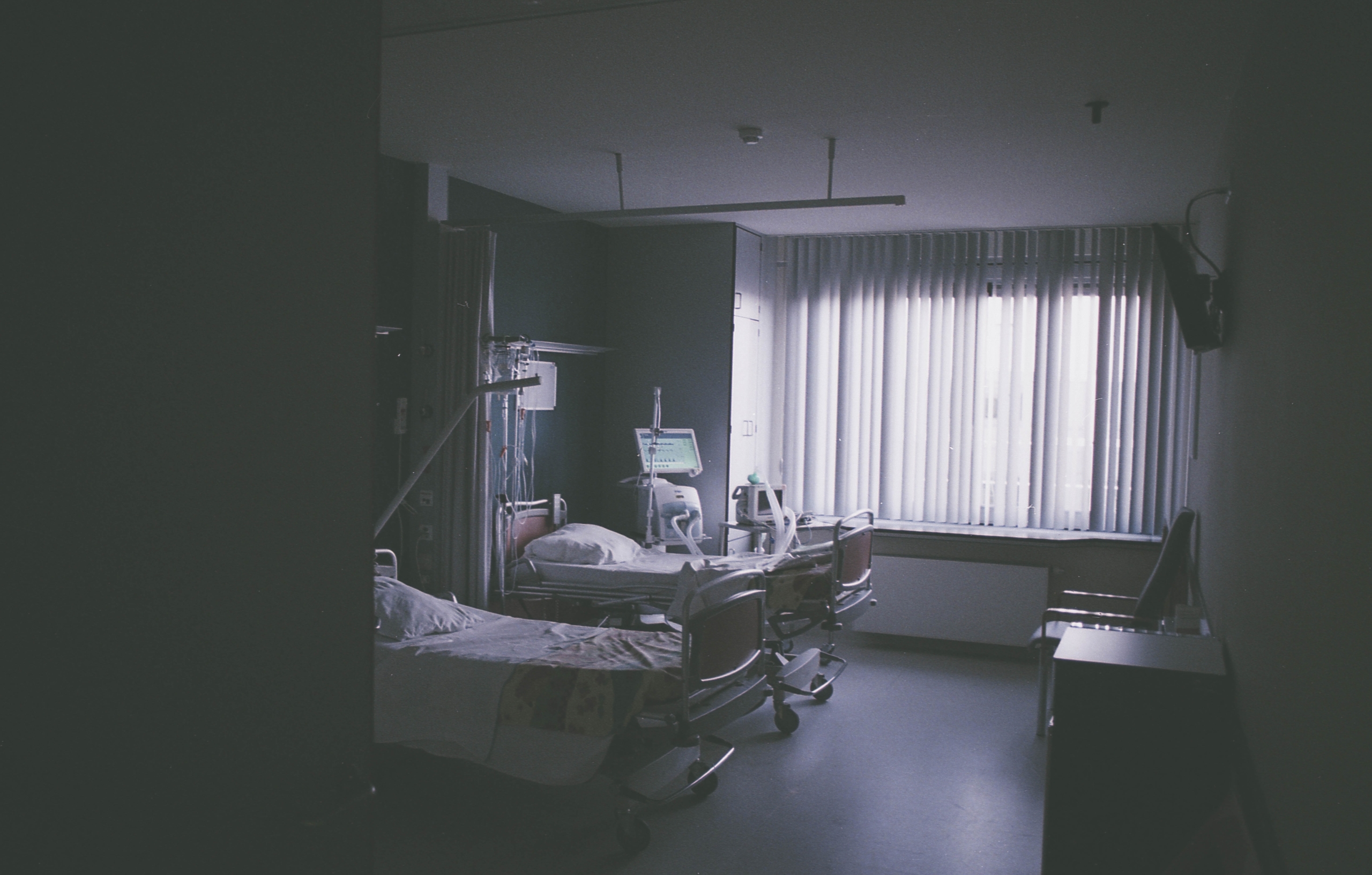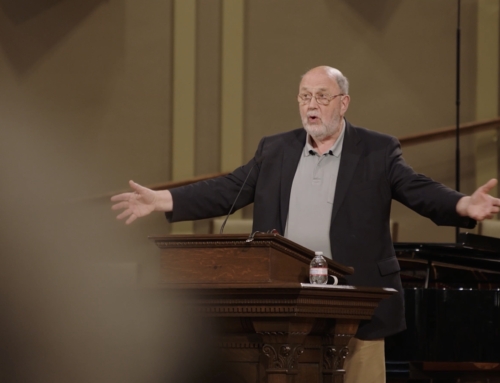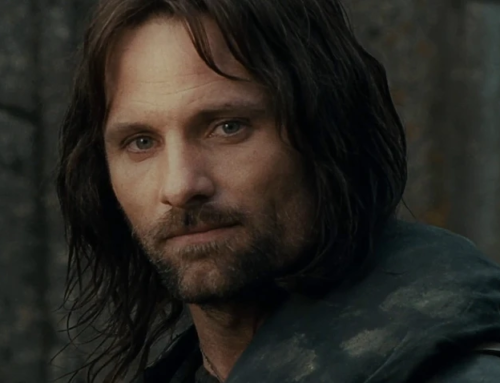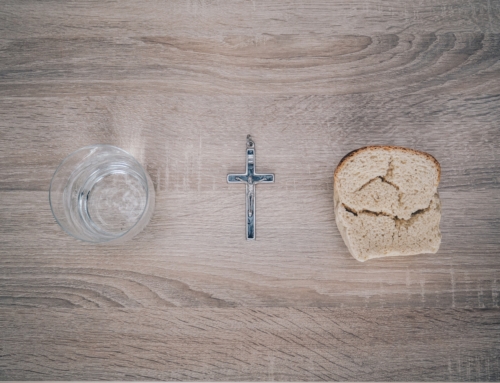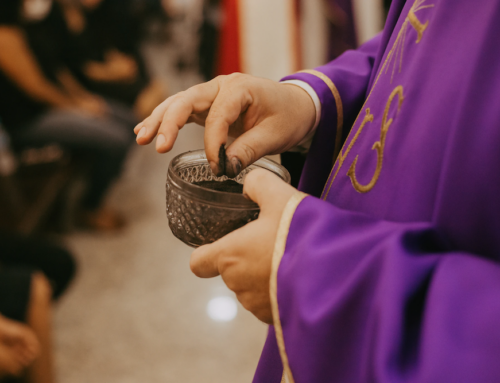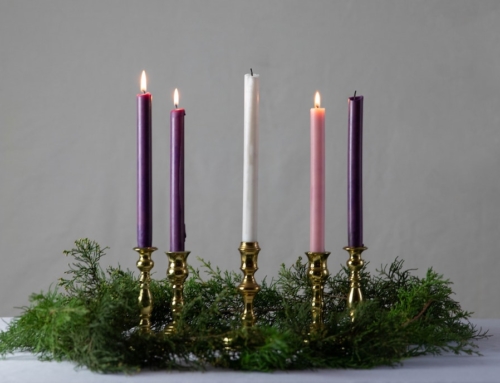On day 5 of my 14-day quarantine in the UK, in October, 2020, I got a call from my Dad with news that I did not want to hear: ‘The doctor said it’s cancer’.
I inhaled deeply and then went into problem-solving mode as I exhaled. The reason I was in the UK was to help with the filming of our next course. The complexities of COVID-19 made it such that I was able to isolate safely with friends for two weeks, and I was to be there for filming this time instead of my colleague, David. Yet, I knew that putting family first would be supported by everyone on our small team, so I offered to cut my trip short and come home right away. My Dad urged me to stay saying, ‘Don’t come home, kid, you stay and get your work done. This is a wonderful opportunity, and I don’t want you to miss it’.
I completed my time in the UK and when I returned home in mid-November, I embarked on another period of self-isolation, along with my husband. We knew that because of the complexities of COVID-19 that I would be my Dad’s sole caregiver as he underwent radiation daily and chemotherapy weekly in order to treat an inoperable tumour in his mouth. Treatment would begin December 1st and last for a period of 7 ½ weeks, or for as long as his body would allow. The doctors warned us candidly that the pain my Dad would face would become excruciating. His gastrostomy feeding tube was put in the week of Thanksgiving and we were told he would need five tube-feedings every three hours by syringe.
I wanted to face this journey with an attitude of humility and gratitude, serving my Dad and others well. This was more difficult than I realized. The week of Christmas, Dad and I watched a video online to learn how to do his tube feedings. At a time when the church is celebrating the birth of Jesus and engaging intentionally as a public-facing witness to good tidings of great joy, the reality of my ‘public life’ of faith became a challenge. I focused inwardly more quickly than I would have liked, and my attention to engaging with others in the ‘outside world’ dwindled along with my high hopes for ever-present thankfulness.
Celebrating Joyfully
So, how might we live out our faith in the midst of challenging circumstances, such as COVID-19 or cancer? Lately, God has been teaching me about celebrating joyfully.
The Apostle Paul writes to the church at Philippi while under house arrest and during a time when his friend and ministry partner, Epaphroditus, faced a life-threatening illness (Philippians 2:27a). Upon his recovery, Paul comments that God spared him ‘sorrow upon sorrow’ (v 27b) and is eager for Epaphroditus to return to the Philippians, ‘so that when you see him again you may be glad, and I may have less anxiety’ (v 28; emphasis mine).
The notion that Paul also experienced and expressed his own anxieties brings me comfort. At the same time, he also focused on the gladness of others and the joy of the Lord. In words familiar to many he adjures:
Rejoice in the Lord always. I will say it again: Rejoice! Let your gentleness be evident to all. The Lord is near. Do not be anxious about anything, but in every situation, by prayer and petition, with thanksgiving, present your requests to God. And the peace of God, which transcends all understanding, will guard your hearts and your minds in Christ Jesus (Philippians 4:4-7).
Prof. N.T. Wright’s translation of verse 4 reads, ‘Celebrate joyfully in the Lord all the time’ (KNT). So, how might we be the embodiment of God’s Good News to the world? In what ways are we a tangible celebration of the sort that our neighbours can hear down the road, right in the middle of our own personal crisis? For me, these questions get at the heart of life with Christ and what it means to embody our faith in practice with joy-filled fruit of the Spirit.
Admittedly, I do not have the answers, so I will instead share a story about an experience my Dad and I had at the cancer centre in the fifth week of his treatment.
It is important to know beforehand that my Dad has been my hero for most of my adult life, but it was not always this way. I did not grow up under the same roof with him. His remarriage after two divorces landed him in Wisconsin, which was two time zones away from where I lived with my Mom in California. However, I came to live with him and my other-mother, Donna, when I dropped out of college during finals week at the age of 21. Since that time, my father and I developed a close relationship, and he has encouraged me in many ways—beyond just telling me to stay put in the UK. He taught me about recovery from addiction and introduced me to 12-step groups. It is this daily walk with others on this journey (one day at time as we say), where I am reminded and, indeed, often experience the Lord Jesus himself drawing near and going with us—much like he joined the two disciples on the road to Emmaus.
Navigating Recovery in a Pandemic
Towards the end of my Dad’s treatment, things were quite difficult for both of us. One day, during a check-up with the radiation oncologist the doctor asked how my Mom was doing, as she had heard my Dad talk about his wife and her struggles with dementia. I said without much thought, ‘Oh, that’s not my Mom, she is my Dad’s fourth wife, but she’s been doing great and has been a huge encouragement to both of us!’
Dr. Ellen and Joanne, Physician’s Assistant, both got quizzical expressions on their faces and backed up against the wall. ‘Wait, we need to hear the full story. Tell us all about it’. With that invitation, both my Dad and I perked up. We love sharing our story of God’s healing work in our lives and our relationship, but quarantine, cancer, COVID-19, and exhaustion had made our small family bubble quite isolated from public life and engaging with others in recovery meetings, public speaking opportunities, or social media.
We shared our story: Dad’s four marriages and my ‘other-mothers’ (as I call them) who have all managed to become friends, and all of whom I love deeply. I shared my experience as a survivor of child sexual abuse, my Dad’s absence, and how I did not get to know my Dad until I was in my 20s. Working through forgiveness, working the 12-steps, embodying ‘living amends’, and daily healing and reprieve from addiction and co-dependence. How I ended up at Durham University studying for a doctorate in practical theology, researching forgiveness in the lives of survivors of child sexual abuse. I ended by confessing that putting school and work on pause in order to care for my Dad had been really difficult.
Our response to the doctor’s question was my and Dad’s way of ‘celebrating always’ and letting the gentleness of the Lord’s hand in our lives be made known publicly. We shared our experience, strength and hope, and our frustrations, mistakes, and regrets. Looking back, I regret not sharing more explicitly about Jesus Christ. Perhaps, it seemed we were taking too much credit? Well, we did the best we could at the time, gave thanks for the experience, and continue to press on for the sake of the Gospel.
During the time of my Dad’s cancer treatments, I drove 90-miles round trip daily to drive him to appointments, help out with tube-feedings, dog-walking, and to help care for my other-mother, Maryanne. Dad and I were too exhausted to pray, so God’s people prayed when Dad and I could not. One lasting idea I learned from Prof. Wright is that the Apostle Paul’s life was bound up in communities of Jesus-followers. The church gathered at Philippi particularly seemed to be a source of joy for Paul. Though Paul was often separated physically from the churches to whom he wrote, they remained connected through prayer and by the light of the knowledge of the glory of God in the face of Jesus Christ (2 Corinthians 4:6).
On my Dad’s last day of treatment, I posted on Facebook—here is a snippet:
Here is a picture of our prayer chairs, Dad. I went back and took this yesterday on my way to get the car. I liked that it looks like there a light at the end of the hallway (tunnel) and that the light is on the way out of the cancer center. Last day of treatment, Dad. You have been incredible over 8 weeks of daily treatments and you never gave up. Doing this treatment during the COVID pandemic meant separation and isolation but it did not mean that we were alone.
What this post fails to say is this was the only day we prayed together in the hospital—either because we were both too exhausted, frustrated, or forgetful. But it was not the only day people were praying on our behalf.
A Row of Angels
Prof. Wright says of the support we receive from God through the prayers of his people, A row of peace like God’s angels will stand around you and guard you, and a quality of life and sense of ultimate untroubledness will surround you… the ring of fire of God’s guardian angels will watch over you and keep you safe.
The myriad ways in which so many people cared for my Dad and me has been the up-close-and-personal embodiment of God’s Good News to the world through which God energised and enabled a conversation my Dad and I had in a small exam room in the radiation oncology wing of the hospital. My prayer is that by the Spirit, our story of testifying to the power of the Lord Jesus Christ to restore and renew our relationship was a tangible celebration of the sort that resounded off the walls and down the hallways of the cancer centre, of hope and joy unspeakable.
May the God of the universe watch over you and keep you safe. Amen.
Jennifer Loop
Latest posts by Jennifer Loop (see all)
- Why You Need Lent: Two Perspectives - February 22, 2023
- How (Not) To Understand a Parable - October 20, 2022
- What People are Saying About ‘Ethnicity, Justice and the People of God’ - February 10, 2022


